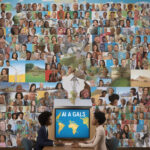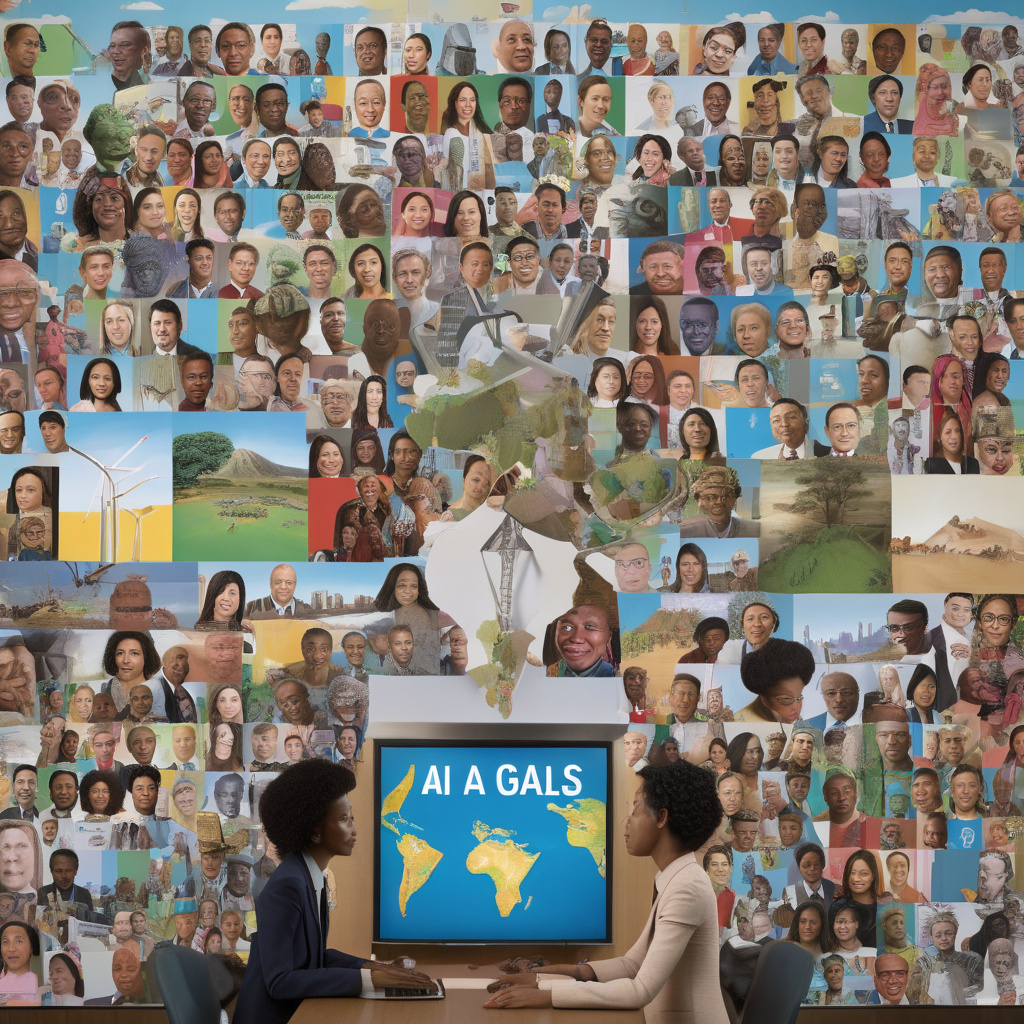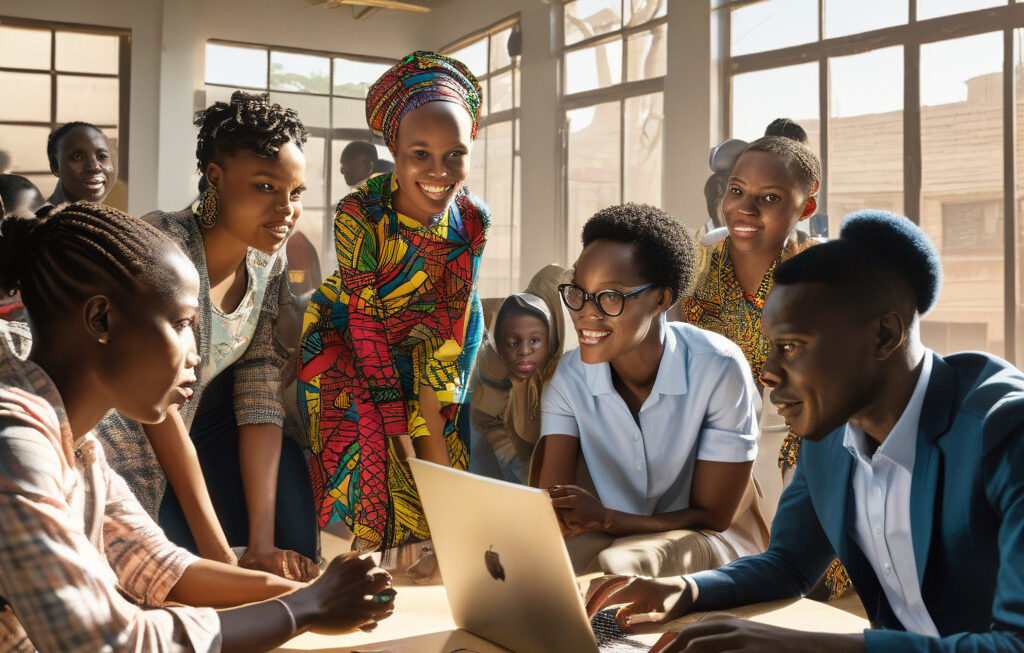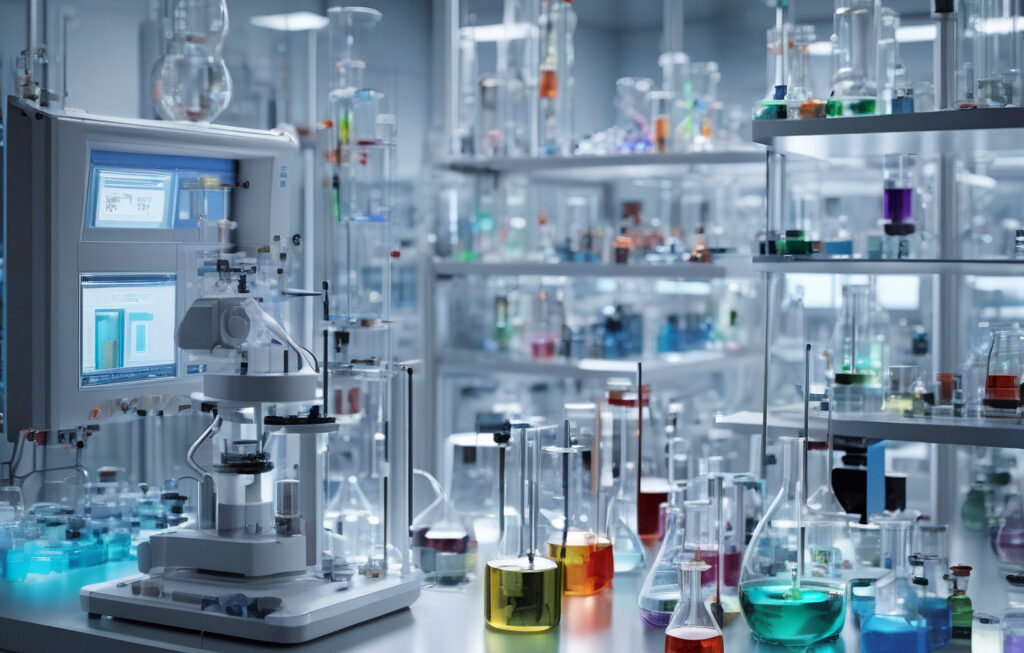AI: The Key to Achieving UN Goals Through Global Cooperation
In the realm of technological advancements, Artificial Intelligence (AI) has emerged as a powerful tool with the potential to revolutionize various sectors and address some of the world’s most pressing challenges. Professor Arthur GO Mutambara, a prominent figure in the field of AI, has been vocal about the crucial role that AI can play in achieving the United Nations’ Sustainable Development Goals. However, he emphasizes that global cooperation is essential to ensure that AI is leveraged effectively to support sustainable development equitably.
AI has already demonstrated its ability to drive innovation and efficiency across industries such as healthcare, finance, and transportation. Its potential to analyze vast amounts of data, identify patterns, and make autonomous decisions makes it a valuable asset in tackling complex global issues. From climate change and poverty to healthcare and education, AI can offer unique solutions and insights that were previously inaccessible.
Despite its promise, the widespread adoption of AI comes with challenges and ethical considerations. The fear of job displacement, biases in algorithms, and lack of transparency are some of the issues that need to be addressed to harness the full potential of AI for social good. Professor Mutambara stresses the importance of establishing clear guidelines and regulations to govern the development and deployment of AI technologies, ensuring that they align with the principles of sustainability and inclusivity.
Global cooperation is equally crucial in maximizing the benefits of AI while mitigating its risks. In a world that is increasingly interconnected, collaboration among countries, organizations, and experts is essential to share knowledge, resources, and best practices. By working together, the international community can leverage AI to bridge the digital divide, empower marginalized communities, and drive progress towards the UN Sustainable Development Goals.
One area where AI can make a significant impact is in healthcare. By analyzing medical data, predicting disease outbreaks, and personalizing treatment plans, AI has the potential to improve healthcare access and outcomes worldwide. In education, AI-powered tools can enhance learning experiences, tailor instruction to individual needs, and bridge the gap in quality education among different regions.
Furthermore, AI can play a vital role in addressing climate change by optimizing resource management, forecasting natural disasters, and promoting sustainable practices. By harnessing the power of AI, countries can make informed decisions, reduce their carbon footprint, and work towards a more sustainable future for generations to come.
As we navigate the opportunities and challenges presented by AI, it is clear that global cooperation is key to unlocking its full potential for sustainable development. By fostering collaboration, sharing knowledge, and upholding ethical standards, we can ensure that AI serves as a force for good in advancing the UN Sustainable Development Goals. Professor Arthur GO Mutambara’s call for unity and inclusivity in the development of AI serves as a reminder that by working together, we can harness the transformative power of technology to create a more equitable and sustainable world.
#AI, #UNGoals, #SustainableDevelopment, #GlobalCooperation, #ProfessorMutambara












